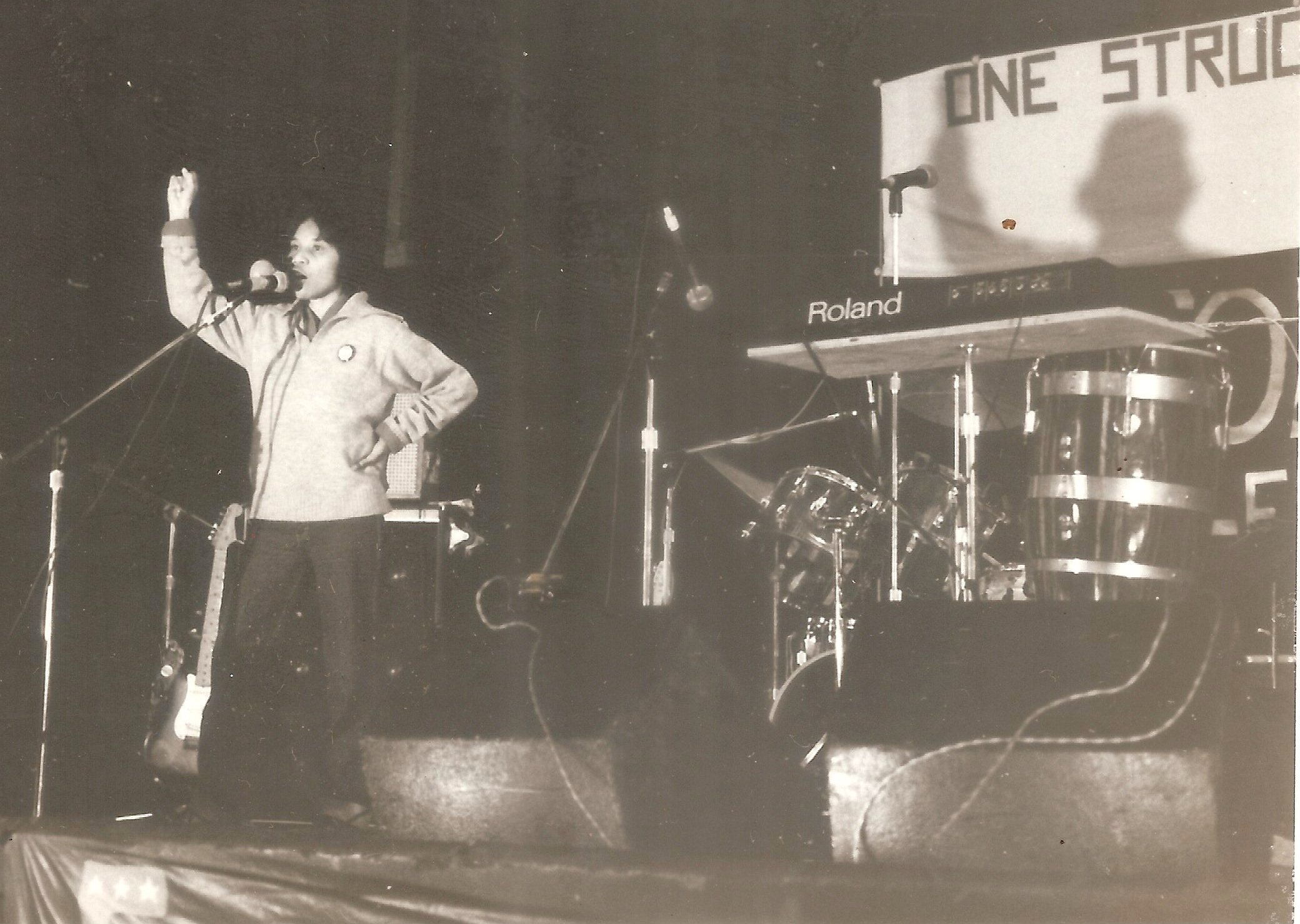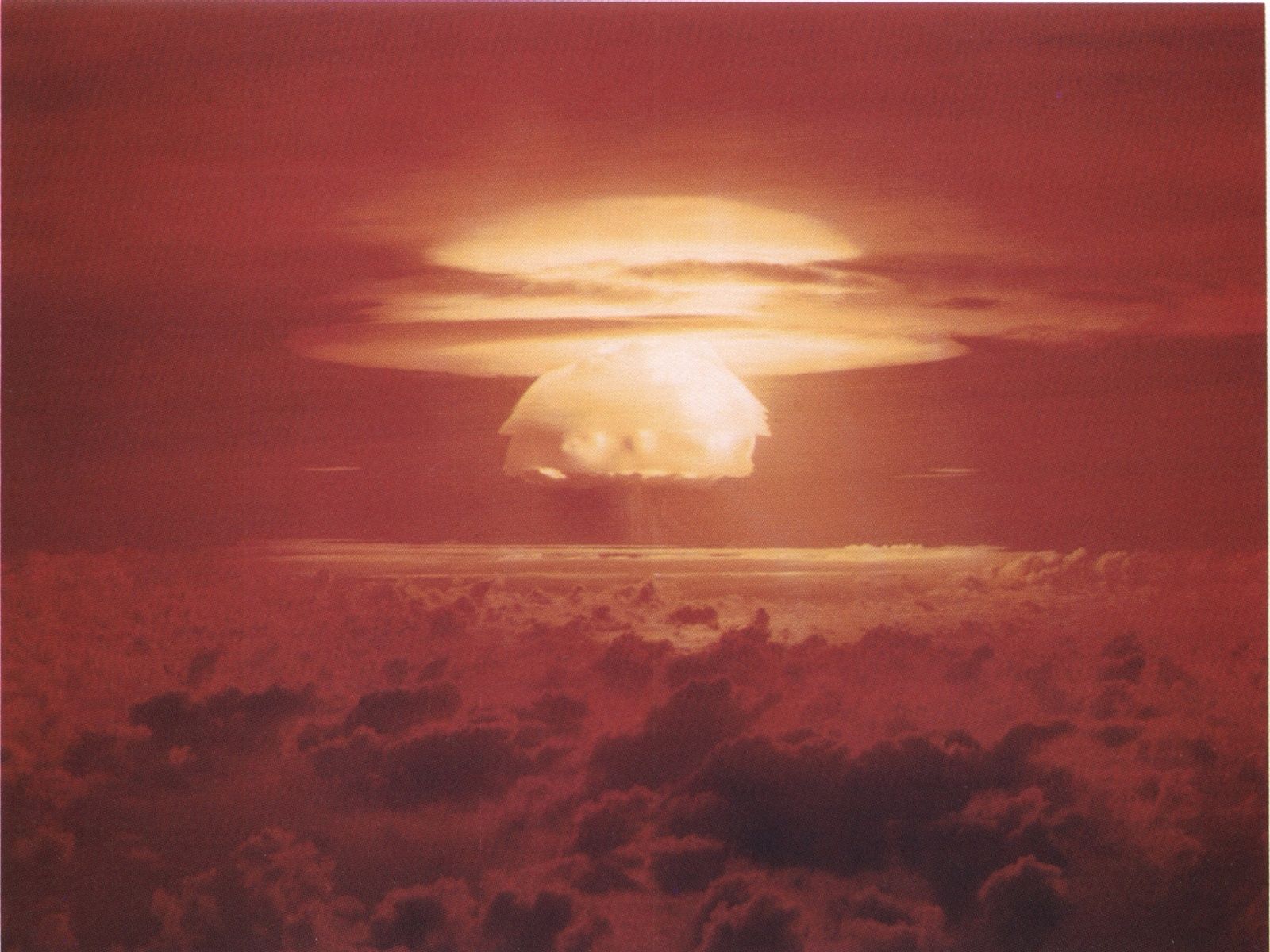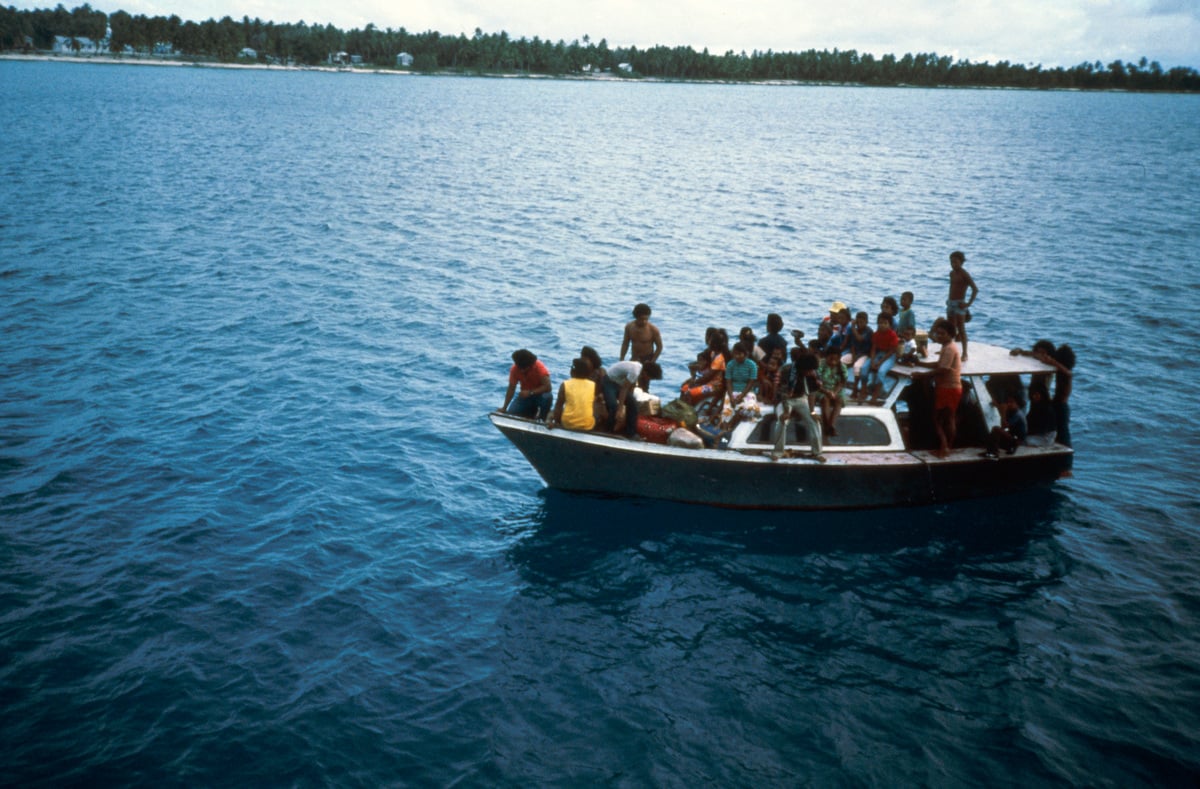The world spends an estimated $1.7 trillion a year on war. Just to compare: global humanitarian funding is 1.3% of that.
According to the Stockholm International Peace Research Institute (SIPRI), international weapon sales around the world have jumped up by 10% in the last four years compared to 2008-12.
Everywhere on our precious planet, easy access to weapons and ammunition has led to human suffering, political repression, crime and terror among civilians.
Figures are difficult to come by in this trade; it’s fraught with secrets and corruption. Arms sales of the world’s 100 largest arms-producing and military services companies (the SIPRI Top 100) were estimated at $375 billion in 2016, but the actual figure is likely to be higher.
About three-quarters of these companies are from North America and Europe.
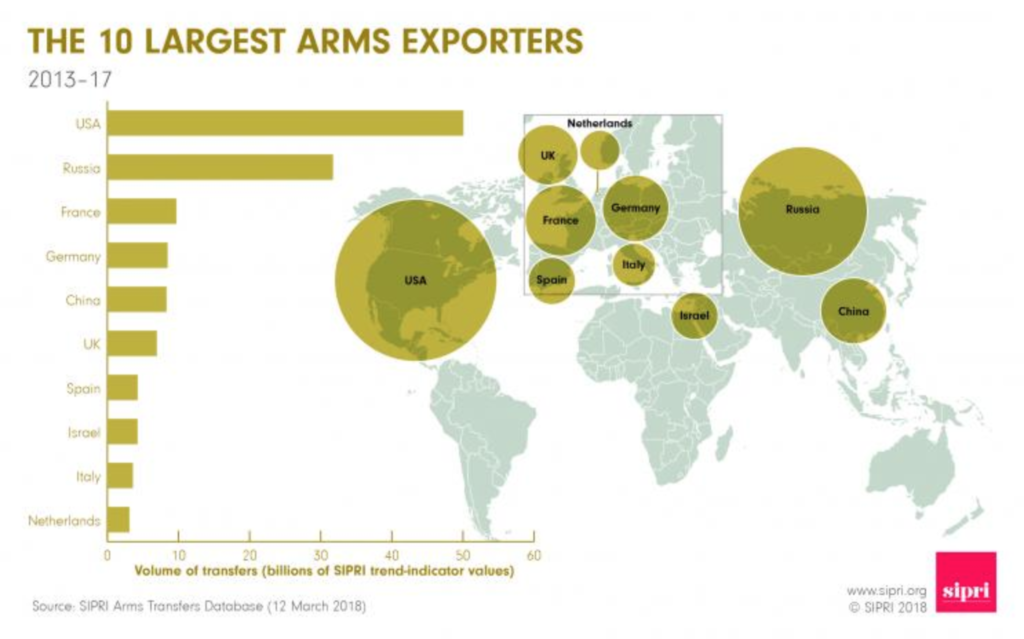
In 2013, the UN adopted the Arms Trade Treaty. On paper, the Treaty was a great thing. It was meant to stop the selling of weapons to countries when it was obvious they would be used for genocide, crimes against humanity, or war crimes.
But in reality, the treaty’s impact remains limited. The global arms trade is still on the rise and is continuing to supply weapons to some of the most deadly armed conflicts.
Why is this still happening?
The answer (at least in part) is the military industrial complex; the informal alliance between a nation’s military and the arms industry which supplies it, and the impact this alliance has on public policy. Both sides benefit in this relationship—one side from obtaining weapons of war, and the other from being paid to supply them.
Take Spain, where Greenpeace has launched its first campaign on arms trade control. While Spain ratified the Arms Trade Treaty in 2014, they are currently the seventh largest arms exporting country in the world. Being a part of the EU means they need to comply with EU regulations on selling weapons established in 2008, which means respecting human rights and international humanitarian law in the countries where their weapons could end up.
But between 2008 and 2016, the Spanish government authorised arms exports worth €22.6 billion to over one hundred different countries. Exports to 50 of these countries were identified as ‘exports of concern’ in an independent investigation by the Spanish Arms Under Control coalition, of which Greenpeace Spain is a member.
‘Exports of concern’ and ‘potential concern’ defined as selling weapons to countries where arms have been used or could be used for serious violations of international human rights and/or international humanitarian law, and where there is a substantial risk of illegitimate use. This means selling weapons to countries where there’s a chance they might be used against civilians; bombing hospitals, markets and schools, or violently repressing the population.
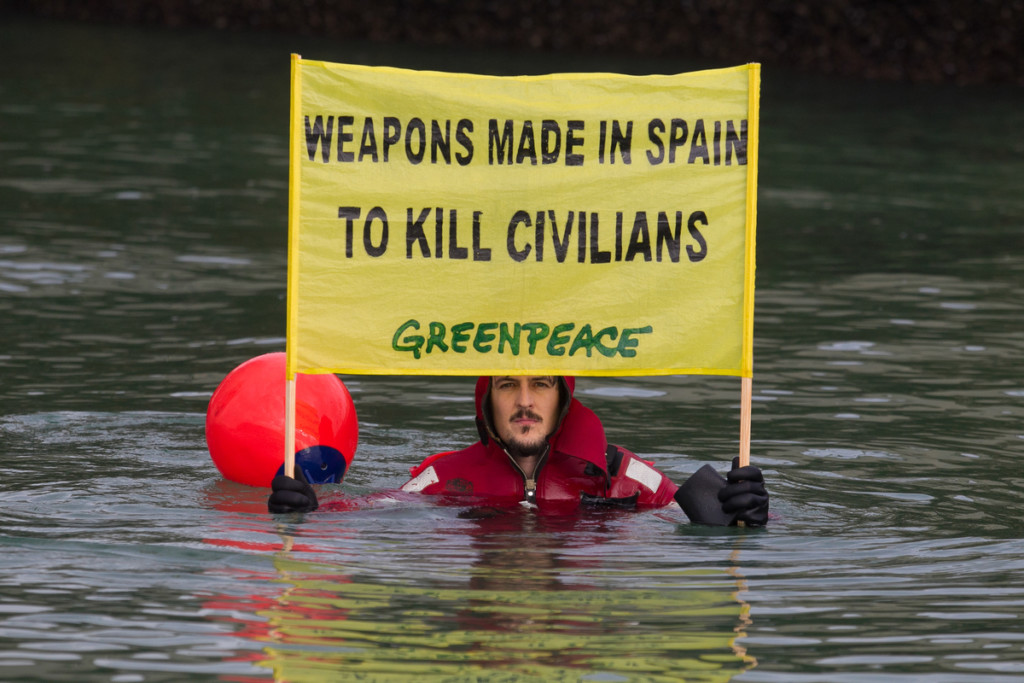
Exports of concern
Sales of weapons to the following countries have been categorised as ‘exports of concern’ in the latest report from the Spanish Arms Under Control Campaign:
- Israel – In the ongoing military occupation and in the blockade of the Gaza strip, the state army has been repeatedly accused by human rights organisations (Amnesty International and Human Rights Watch) of involvement in the unlawful killings of Palestinian civilians and the arrests without trial of thousands of opponents to the military occupation. It cannot be guaranteed that weapons exported to Israel will not be used to commit human rights and international humanitarian law violations.
- Saudi Arabia – There is a substantial risk that arms exported are used to commit serious violations of international humanitarian and human rights law in the war in Yemen by all sides of the conflict.
- Brazil – Imports light weapons and ammunition from Spain, despite the risk that they could be used for serious violations of human rights. There is a high number of killings in policing operations, as well as excessive use of force and evidence of extrajudicial executions.
- Iraq – There is a high risk that arms exported to the Armed Forces and Iraqi militias are used in the commission of war crimes, other violations of international humanitarian law and human rights in the ongoing armed conflict.
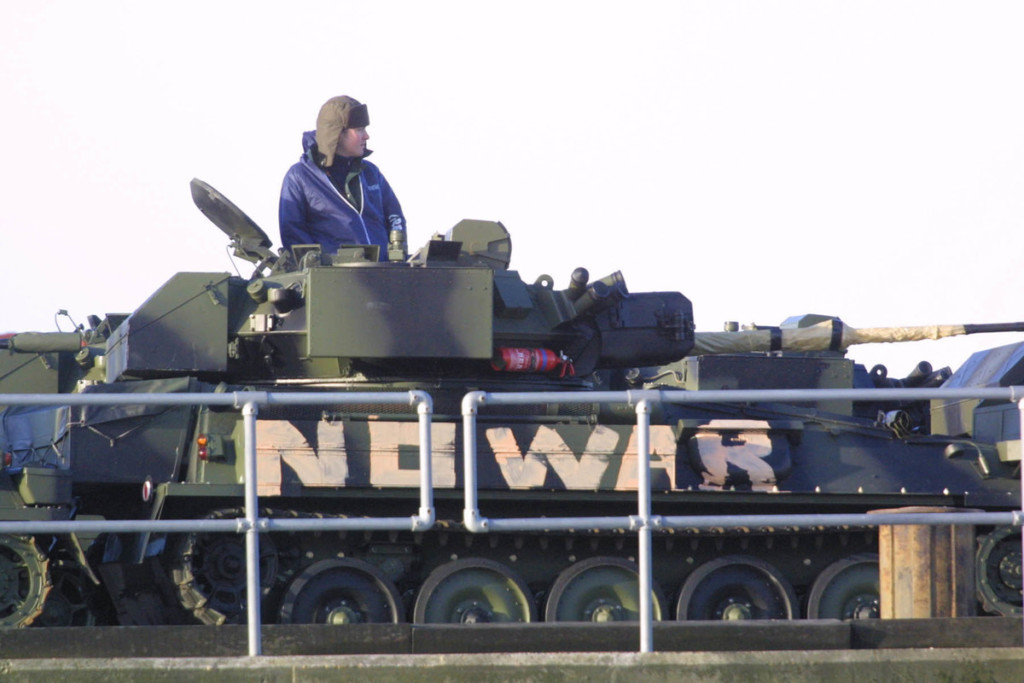
Why do some countries continue exporting weapons to states where they could be used to commit serious human rights violations?
In the case of Spain, like in many other countries, the decisions on where to sell weapons are made in back-rooms and are literally protected by a ‘law of secrecy’. Nobody gets to report on them. Nobody gets to criticise them. The profit-driven collusion between governments, the military and big business is a major roadblock in the way of change.
It starts at the top: Spain’s Head of State, King Felipe VI, regularly acts as a mediator and exerts his influence on behalf of Spanish arms corporations. Spain’s current ambassador to the US was formerly the country’s minister of defense. Prior to that, he spent decades working for several arms corporations.
The case of Spain is not an isolated one, but the reflection of a sadly global situation. Wherever the economic interests of the global arms industry defeats international law, you get the military industrial complex.
So what can we do?
Governments maintain that the secrecy engulfing the international arms trade is essential to maintain ‘national security’. In reality, this secrecy is mostly just another way for them to support a hugely profitable trade and benefit those who are in the business of war: arms manufacturing companies.
Transparency is the sunlight that makes peace grow. It shines a light and makes those caught in it accountable.
As a first step: we need to be aware of it, talk about, insist on getting information. Sunlight, after all, is said to be the best of disinfectants.
Sara del Rio is Peace and Democracy Programme manager with Greenpeace Spain. Jen Maman is a Senior Peace Advisor at Greenpeace International.

